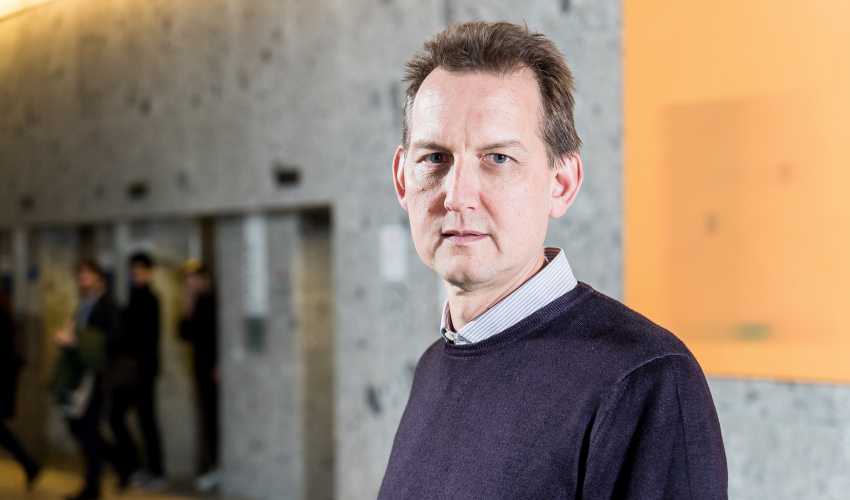
A Research Lab to Reduce the Uncertainty Brought by the Pandemic
TO ADDRESS THE COVID19 CRISIS WHICH IS GLOBAL IN SCOPE FOR ITS HEALTH, ECONOMIC AND SOCIAL IMPACT, RESEARCHERS NEED TO STUDY THE PROBLEM AND DESIGN RESPONSES IN AN EQUALLY GLOBAL AND MULTIDISCIPLINARY WAY. FOR THIS REASON, BOCCONI HAS ESTABLISHED THE COVID CRISIS LAB, A RESEARCH HUB THAT FOSTERS DIALOGUE AMONG ACADEMICS FROM DIFFERENT FIELDS AND SETS OF SKILLSby Jerome Adda, Dean of Research, Bocconi University
The Covid19 has so far seen millions of individuals contaminated worldwide and a death toll of several hundred thousand people. It hit European countries particularly hard before moving to the American continent and the rest of the world. In its wake, it leaves battered countries, with looming economic crises, political unrest and many questions on what will come next. The Covid19 crisis was from the start more than just an epidemiological issue. It was a challenge to the health care sector, but also to policy makers, business leaders and the general public. Options were limited from the outset but with harsh consequences either way: stamp out the pandemic but drive the economy down; or take a more lenient approach and watch hospitals being flooded and mortality skyrocket. The choices were not easier at the individual level - lock yourself up, or continue risky interactions with people. One of the important dimensions of this crisis, which affects all aspects of it is its associated uncertainty. Uncertainty about the virus and its properties in terms of contagion, lethality and immunity, uncertainty about the efficacy of the recommended policy measures and the uncertainty of the economic legacy of this pandemic. Faced with this global uncertainty, society has turned to scientists to inform the debate.
At the start of the crisis, research that could shed light on the crisis was lacking, to say the least. Existing epidemiological models were mostly targeted towards flu epidemics and had no role for the behavioral adjustment of individuals. Few policy measures such as confinement, quarantines and the adoption of social distancing by the public at large had been studied or even envisaged previously. No one had ever seen such a sudden and large economic shock, which left business leaders, workers and policy makers reeling almost simultaneously across the world. Looking forward, strict confinement policies may trigger fundamental changes in the behavior and views of people and raise a host of legal issues. The epidemic may have lasting effects and change fundamental trends that defined the last decades in terms of global governance and how the global economy is organized.
Hence, understanding the Covid19 crisis in its entirety requires research from many different fields, not only from the epidemiological side, but also from a host of social sciences that study behavior and their determinants and how individuals interact. Studies from the economic, financial, management or legal side can help understand the unfolding crisis, along with other disciplines such as statistics and computer science that can inform the debate by producing real-time knowledge about the crisis. All these fields are present at Bocconi, and the surge in research to understand the COVID19 crisis produced by Bocconi faculty during these last couple of months is frankly amazing. However, all the different aspects of the crisis are interrelated. The epidemiological side of the crisis shapes behavior as much as behavior determines the outcome of the epidemic. There is therefore a need to integrate the research across many fields to have a global and informed view of the crisis. This is precisely the role of the Covid Crisis Lab, set up at Bocconi to bring together researchers from very different backgrounds and to foster collaboration across fields in an unprecedented way.
